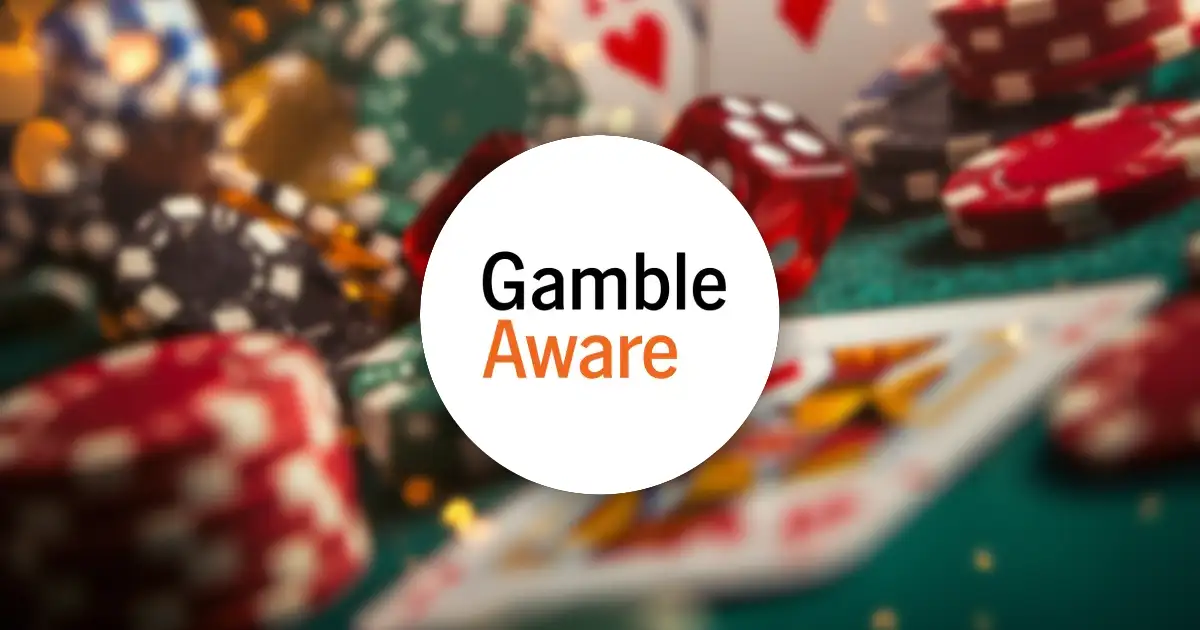Stars are pushing children to gamble, warns GambleAware.
According to a study published in September 2025, children and adolescents are exposed to gambling-related content at an unprecedented level.
A survey that is shaking the United Kingdom
Conducted by Social Finance and Sherbert Research, the survey is based on two panels: 634 students from schools in southern and central England, as well as 2,100 young people aged 11 to 17, representative of the entire UK. The results reveal a worrying phenomenon: a quarter of the teenagers surveyed admitted to having already felt like gambling after seeing a celebrity-fronted gambling ad.
The figures speak for themselves. Among 16- and 17-year-old boys, 36% say they have already bet after watching an influencer or celebrity promote or engage in gambling. Celebrities, whether athletes, singers, or online content creators, act as powerful drivers of attraction.
“Digital technology has transformed how children and young people consume content, with mobile phone ownership widespread and many spending hours daily on social media. Social media platforms and influencers now play a pivotal role in shaping attitudes and behaviours and this research shows that some are playing a part in encouraging young people to gamble,” analyzes Zoe Osmond, outgoing CEO of GambleAware.
Massive exposure, hard to avoid
The research reveals that 87% of young people surveyed have already been exposed to online gambling-related content. More than half say they have no control over the amount of advertising they encounter. On popular platforms such as TikTok, Twitch, and YouTube, 16% of respondents say they’ve seen creators share registration links to gambling sites. Some (14%) even say they’ve observed influencers giving betting advice.
Faced with this reality, the reaction of young people is unequivocal. Two-thirds of participants (67%) believe that celebrities and influencers should be banned from promoting gambling operators. And nearly 8 out of 10 children say that no minors should be exposed to such advertising.
This finding, according to GambleAware, demonstrates a growing awareness among young people themselves: they perceive the danger and reject this intrusion into their digital lives.
Regulation deemed insufficient
For Zoe Osmond, the situation cannot continue:
“It is unacceptable that children’s environments continue to be flooded with age-restricted content. Consistent exposure to influencer-driven gambling content contributes to the normalisation of gambling among school-aged children and we know that early exposure to gambling at a younger age can lead young people to have a higher risk of experiencing gambling harm later in life.”
The organization is calling on the British government and the Advertising Standards Authority (ASA) to act immediately. The goal: to strengthen advertising restrictions and adapt regulation to the digital age.
For child protection organizations, the urgency is clear: action must be taken before a new generation grows up with a normalized and risky relationship with gambling. Celebrities, for their part, may soon have to choose: continue to lend their image to this lucrative sector, or maintain their influence among young audiences.


